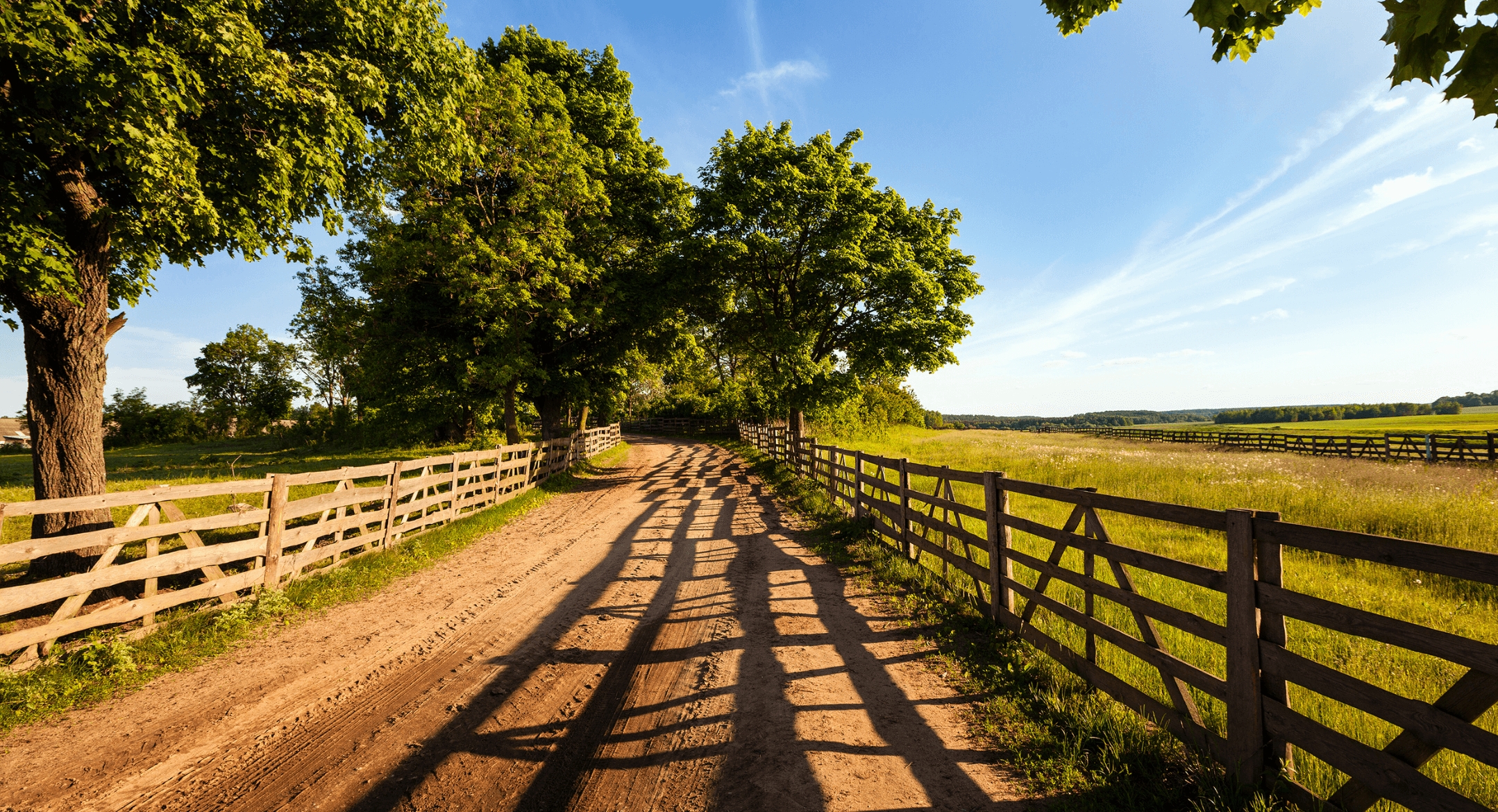As the field of dermatology continues to expand and evolve, the demand for dermatologists remains high. While many practitioners are drawn to urban centers, there is a wealth of untapped potential in rural areas waiting to be harnessed. In this article, we will explore the benefit of practicing dermatology in rural areas and the opportunities that await dermatologists who choose to practice in rural areas, including the potential for increased pay and the chance to make a meaningful impact on underserved communities.
A Lucrative Opportunity: Increased Pay in Rural Dermatology Practice
One of the most compelling reasons for dermatologists to consider practicing in rural areas is the potential for increased pay. In many rural settings, there is a shortage of specialized medical professionals, including dermatologists. As a result, these areas often offer competitive compensation packages and other financial incentives to attract and retain skilled practitioners. By choosing to practice in a rural area, dermatologists can take advantage of these opportunities to enhance their earning potential while making a meaningful difference in the lives of their patients.
Fulfilling a Critical Need: Providing Essential Healthcare Services
Rural communities often face significant challenges in accessing specialized healthcare services, including dermatological care. By establishing a practice in a rural area, dermatologists have the opportunity to fill a critical need and provide essential healthcare services to individuals who may otherwise struggle to access quality care. This presents a chance to make a real difference in the lives of patients, build strong and lasting relationships with the community, and contribute to the overall well-being of underserved populations.
Diverse and Rewarding Cases: Unique Patient Populations and Conditions
Practicing dermatology in rural areas offers a unique and diverse patient population, as well as exposure to a wide range of skin conditions and diseases that may not be as prevalent in urban settings. Dermatologists in rural areas often encounter a variety of environmental and occupational skin issues, such as agricultural-related dermatoses, unique skin cancers and a broader spectrum of infectious diseases. This diversity in cases presents an enriching professional experience and the opportunity to expand one’s clinical expertise.
Work-Life Balance and Quality of Life: Embracing a More Relaxed Lifestyle
Rural living offers a quieter, less hectic pace of life compared to urban environments. Dermatologists who choose to practice in rural areas can benefit from a more relaxed lifestyle, reduced commute time and the opportunity to enjoy the natural beauty and outdoor recreational activities that rural settings have to offer. This can lead to improved work-life balance, reduced stress and an enhanced quality of life, which are important factors for long-term career satisfaction and well-being.
Weekend Travel Opportunities: Embracing Flexibility and Exploration
Another compelling benefit of practicing dermatology in rural areas is the potential for weekend travel and long weekends. Rural settings often offer more flexibility in scheduling, allowing dermatologists to arrange their work hours in a way that accommodates extended weekends or short breaks. This flexibility provides the opportunity to explore nearby destinations, engage in outdoor activities or simply unwind and recharge, thereby contributing to a healthier work-life balance. Additionally, the proximity to natural attractions and scenic landscapes in rural areas can make weekend travel and exploration an enriching and rejuvenating experience, further enhancing the overall quality of life for dermatologists practicing in these settings.
By embracing the potential for weekend travel and long weekends, dermatologists can enjoy the best of both worlds: a fulfilling professional career in rural dermatology and the freedom to explore and unwind during their leisure time. This added flexibility contributes to a well-rounded and gratifying lifestyle that complements the rewards of a rural medical practice.
